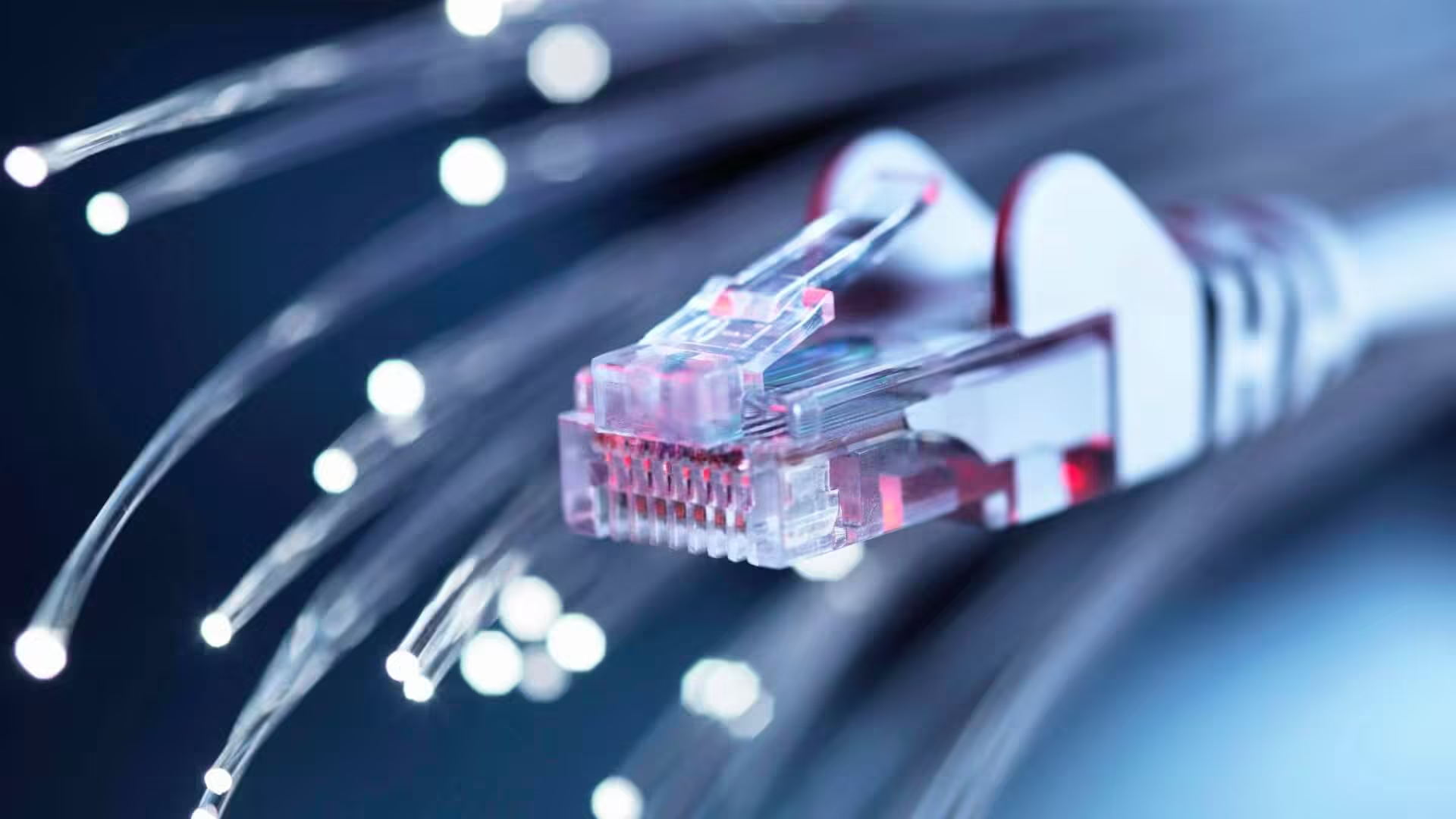Table of Contents
Protecting personal data online guide
In the digital age, the convenience and breadth of opportunities offered by the internet are vast, but they come hand-in-hand with risks that necessitate vigilance and informed action. Staying safe and secure online is paramount not only for protecting personal information but also for ensuring that our digital footprint does not become a liability. This guide aims to shed light on recognizing digital threats, safeguarding personal information, conducting secure online transactions, practicing responsible internet etiquette, and leveraging cybersecurity tools. Each section provides practical insights and actionable steps to fortify your defenses in the digital world. As technology advances, entities like OpenAI are shaping the landscape, necessitating a proactive approach to digital security.
Recognizing Digital Threats
Digital threats are ever-evolving, making it crucial to stay informed about common tactics used by cybercriminals. Recognizing these threats early can significantly reduce the risk of falling victim to scams, malware, or other harmful activities.
Common Types of Online Scams
Online scams come in various forms, often masquerading as legitimate communications. One of the most prevalent scams is phishing, where attackers send deceptive emails or messages that appear to be from reputable sources. These messages typically instruct recipients to provide personal information or click on malicious links, leading to data theft or unauthorized access to sensitive accounts.
Another common scam involves fake websites and fraudulent online shops that lure individuals with deals that seem too good to be true. These sites often seek to obtain credit card information or personal details under the guise of a legitimate transaction. Always verify the credibility of any online platform before sharing sensitive information.
Understanding Malware and Viruses
Malware and viruses are malicious software designed to harm or exploit any programmable device or network. They can be spread through infected email attachments, malicious websites, or compromised downloads. Once activated, these malicious programs can steal personal data, damage files, or even take control of the affected system.
Understanding the signs of malware infection, such as unusual computer behavior, slow performance, or unexpected pop-ups, is essential for early detection and response. Using reliable antivirus software and keeping your operating system updated are fundamental steps in defending against such threats.
Protecting Personal Information Online
With the omnipresence of internet services, protecting one’s personal information has never been more crucial. This section discusses key practices that can help in safeguarding your online identity and personal data.
Creating Strong, Secure Passwords
One of the simplest yet most effective ways to protect your accounts is by using strong, secure passwords. A good password should be a mix of upper and lower case letters, numbers, and special characters. Avoid predictable choices like birthdays or common words, as these can be easily guessed by attackers.
Consider using a password manager to keep track of your various credentials securely. This tool not only helps generate complex passwords but also stores them in an encrypted format, reducing the strain of memorizing multiple passwords.
Safe Internet Browsing Practices
Practicing safe browsing habits is essential to avoid exposure to harmful content and potential threats. Always ensure that the websites you visit are secure; look for HTTPS in the URL and a padlock symbol in the browser’s address bar. These indicators signify that the website uses encryption to protect your data.
Be cautious about the links you click on, particularly in unsolicited emails or messages. Hovering over a link to preview the URL can help you avoid malicious redirects. Additionally, consider using browser extensions that block ads and trackers, as these can often be vectors for malware.
Importance of Two-factor Authentication
Two-factor authentication (2FA) adds an extra layer of security to your online accounts. By requiring not just a password but also a second form of verification, such as a code sent to your phone, 2FA significantly reduces the risk of unauthorized access.
Enable 2FA on all accounts that offer this feature, especially those containing sensitive information like email, banking, and social media. While it may seem like an extra step, this practice provides substantial defense against account breaches.
Secure Online Transactions
Conducting transactions online, whether shopping or banking, can be done safely by taking certain precautions. This section discusses how to ensure your online activities are secure and trustworthy.
Shopping Safely on E-commerce Platforms
When shopping online, it’s crucial to verify the credibility of the e-commerce platform. Look for reviews and ratings from other customers, and be wary of sites that offer deals that seem too good to be true. Opt for well-known and reputable platforms whenever possible.
Ensure that the checkout page of the website uses secure encryption, indicated by HTTPS in the URL. Additionally, consider using payment methods that offer buyer protection, such as credit cards or payment services like PayPal, to safeguard your financial information.
Secure Online Banking Practices
Online banking convenience comes with a need for robust security practices. Always access your bank account through its official website or app, avoiding links sent via email or text messages that could lead to phishing sites. Regularly monitor your bank statements for any unauthorized transactions.
Utilize your bank’s security features, such as alerts for suspicious activity and 2FA. Also, ensure that your devices are protected with up-to-date antivirus software and avoid using public Wi-Fi networks for banking transactions to prevent data interception by cybercriminals.
Internet and Social Media Etiquette
Responsible behavior online is not just about protecting yourself, but also about maintaining a respectful and secure digital environment for others. This section covers the principles of internet and social media etiquette.
Sharing Information Responsibly on Social Media
Social media platforms are powerful tools for communication and connection, but they also pose risks if used carelessly. Avoid sharing sensitive personal information such as your home address, phone number, or financial details. Cybercriminals can exploit this information for identity theft or other malicious purposes. Protecting personal data online guide is crucial in maintaining your privacy and security.
For instance, consider WhatsApp chat security. While WhatsApp encrypts messages end-to-end to protect your conversations from being intercepted, sharing sensitive information like passwords or financial details over chat is risky. It’s crucial to verify the identity of the person you’re communicating with and avoid clicking on suspicious links that could lead to phishing scams.
Protecting personal data online guide emphasizes the importance of reviewing privacy settings regularly and limiting the visibility of personal information. Refrain from oversharing daily routines or travel plans, which can be used by criminals to target you when you’re most vulnerable.
Navigating Online Public Spaces Safely
Engaging in online forums, comment sections, and social media requires a cautious approach. Avoid engaging with trolls or responding to provocative comments that may lead to unwanted confrontations. Report and block any users who exhibit abusive or threatening behavior.
Stay informed about the policies and security measures of the platforms you use. Ensure you know how to report inappropriate content and understand the steps to take if you encounter harassment or bullying online. Always prioritize your safety and well-being in these digital interactions.
Cybersecurity Tools & Software
The right tools and software can significantly enhance your security posture. This section highlights essential cybersecurity tools that can protect your devices and internet activity.
Using Antivirus Software
Antivirus software is a critical component of any cybersecurity strategy. It works by detecting and removing malicious software, preventing infections from spreading, and protecting your data. Regularly update your antivirus program to ensure it can defend against the latest threats.
Many antivirus solutions offer additional features such as malware removal tools, firewalls, and web protection. Investing in a comprehensive security suite can provide broader protection and peace of mind as you navigate the digital landscape.
Utilizing VPNs for Enhanced Security
Virtual Private Networks (VPNs) offer an additional layer of security by encrypting your internet connection. This is particularly useful when using public Wi-Fi networks, where your data can be more easily intercepted by malicious actors. A VPN masks your IP address, making your online activities harder to trace.
When choosing a VPN service, look for features such as strong encryption, a no-logs policy, and good connectivity speeds. Using a VPN not only enhances your privacy but also allows you to access geo-restricted content securely.
Staying safe and secure in the digital age requires vigilance, informed practices, and the use of robust tools. By recognizing digital threats, protecting personal information, ensuring secure transactions, practicing responsible online behavior, and leveraging cybersecurity tools, you can significantly reduce the risks associated with internet use. Embrace these strategies, including the “Protecting personal data online guide,” to protect yourself and your digital footprint in an increasingly connected world. Utilize the “Protecting personal data online guide” to fortify your defenses against evolving cyber threats.






